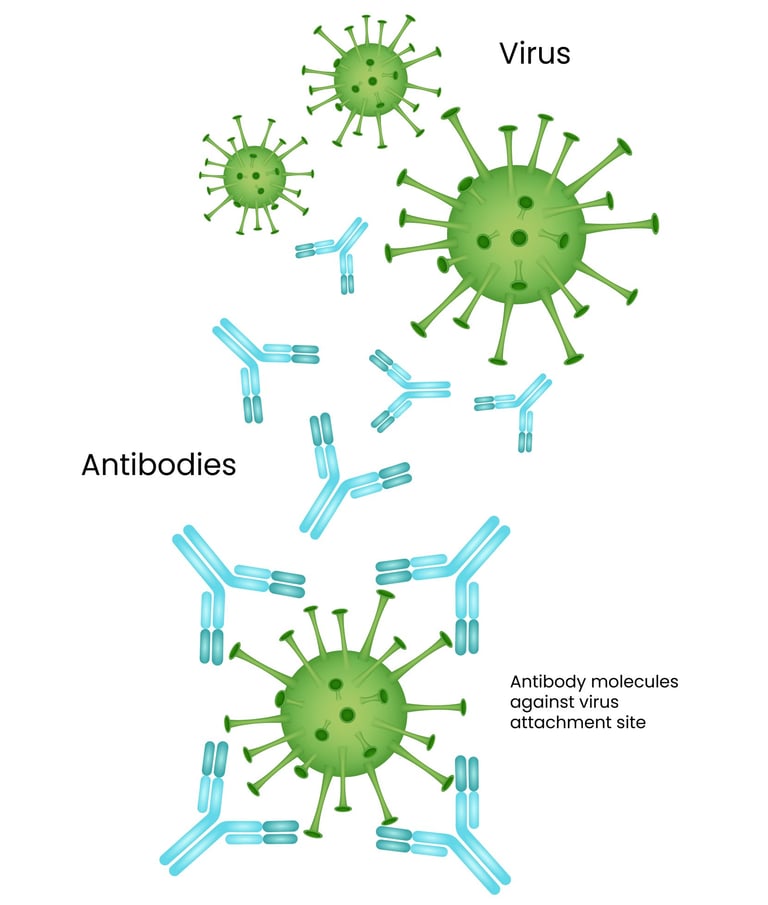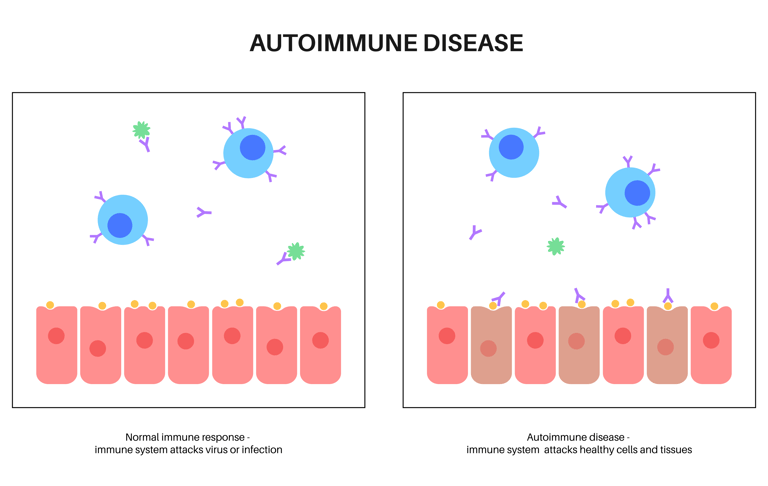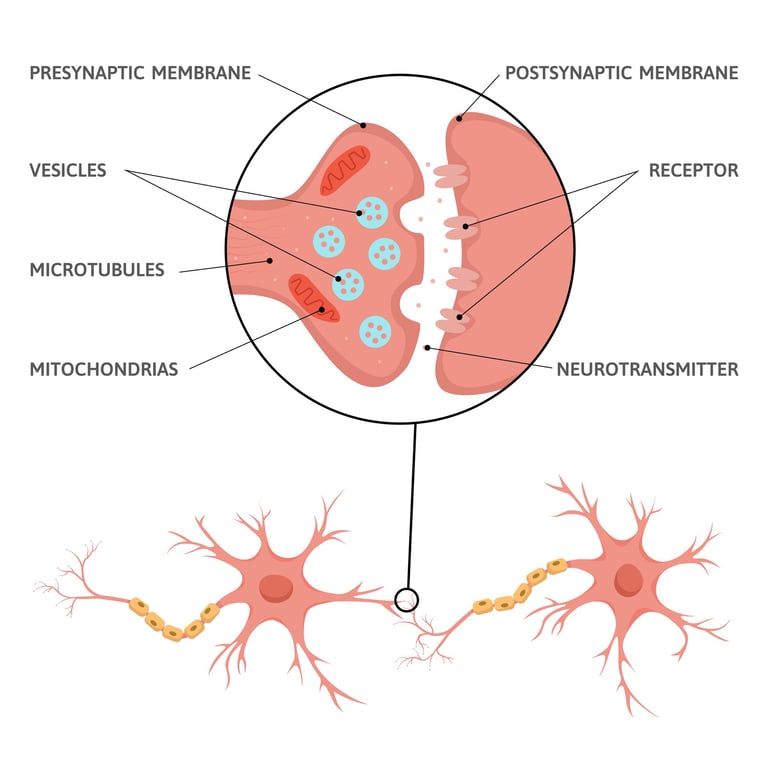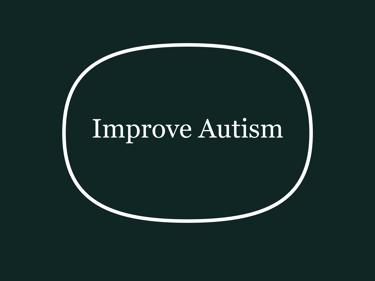Glossasry
Anitbodies-
Antibodies, also known as immunoglobulins (Ig), are proteins produced by the immune system to recognize and neutralize antigens, which are foreign substances like bacteria or viruses. They are Y-shaped and circulate throughout the body, attaching to antigens to mark them for destruction or inactivation. Antibodies are a crucial part of the adaptive immune response, providing long-lasting protection against specific threats.


Autoimmunity-
Autoimmunity occurs when the body's immune system mistakenly attacks its own healthy cells, tissues, or organs.


Cerebral folate deficiency (CFD)-
CFD is a neurological condition characterized by low levels of folate in the cerebrospinal fluid (CSF), while blood folate levels are typically normal. This deficiency can lead to a range of neurological symptoms, including hypotonia, microcephaly, ataxia, seizures, and spasticity. CFD can be caused by various factors, including autoantibodies against the folate receptor (FR) protein, FOLR1 gene mutations, or mitochondrial disorders.
Gluten-
Gluten is a protein found in wheat, barley, and rye, and it's what gives bread and other baked goods their elasticity and chewy texture. It's a group of proteins, including glutenin and gliadin in wheat, that form a network when mixed with water, creating a dough that can rise and retain moisture.
Microbiome -
The microbiome is a complex ecosystem of microorganisms, including bacteria, fungi, viruses, and archaea, that inhabit a specific environment, often the human body. It's a dynamic community that plays a crucial role in various aspects of health, including digestion, immunity, and even brain function.
Neurotransmitters-
Neurotransmitters are chemical messengers in the body that transmit signals from nerve cells to other cells. They play a crucial role in various bodily functions, including movement, sensation, heart rate, and responding to internal and external stimuli. These molecules enable neurons to communicate with each other and with other cells like muscles and glands.


Oxidative stress-
Oxidative stress is a name for a process in the body which causes damage to cells. In basic terms when the cells of the body go about their daily activities they produce by-products and waste and if these by-products are not cleared by the body they will cause cell damage.
Coeliac disease -
Coeliac disease is an autoimmune disorder triggered by gluten, a protein found in wheat, rye, and barley. When people with coeliac disease eat gluten, their immune system mistakenly attacks the small intestine, causing inflammation and damage. This damage can prevent the body from absorbing nutrients properly. The only treatment is a lifelong, strict gluten-free diet.
Irritable-
Having or showing a tendency to be easily annoyed.
Hyperactivity-
Having increased movement, impulsive actions, a shorter attention span, and being easily distracted.
Hyperactivity-
Having increased movement, impulsive actions, a shorter attention span, and being easily distracted.


